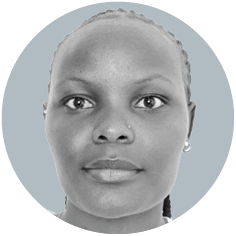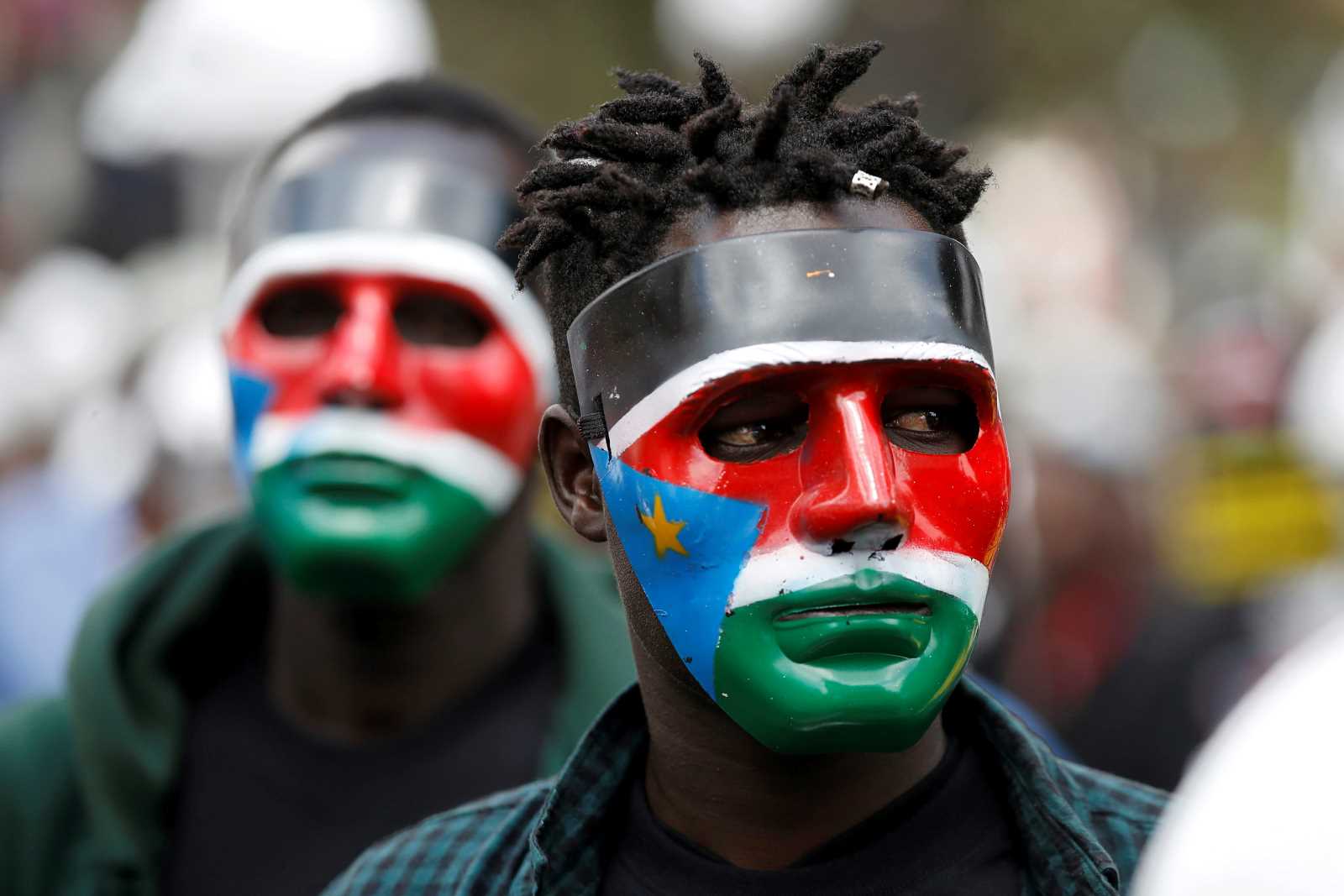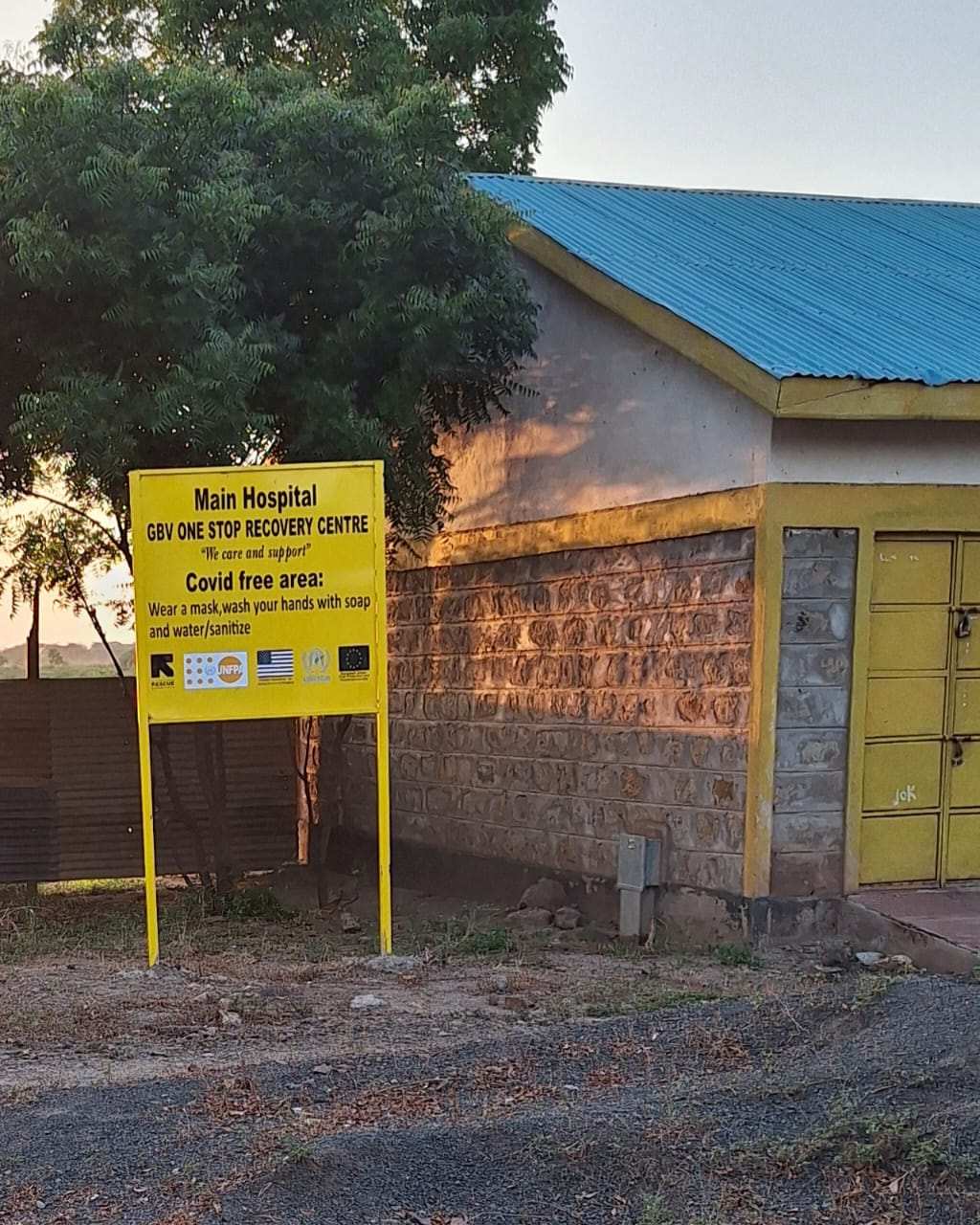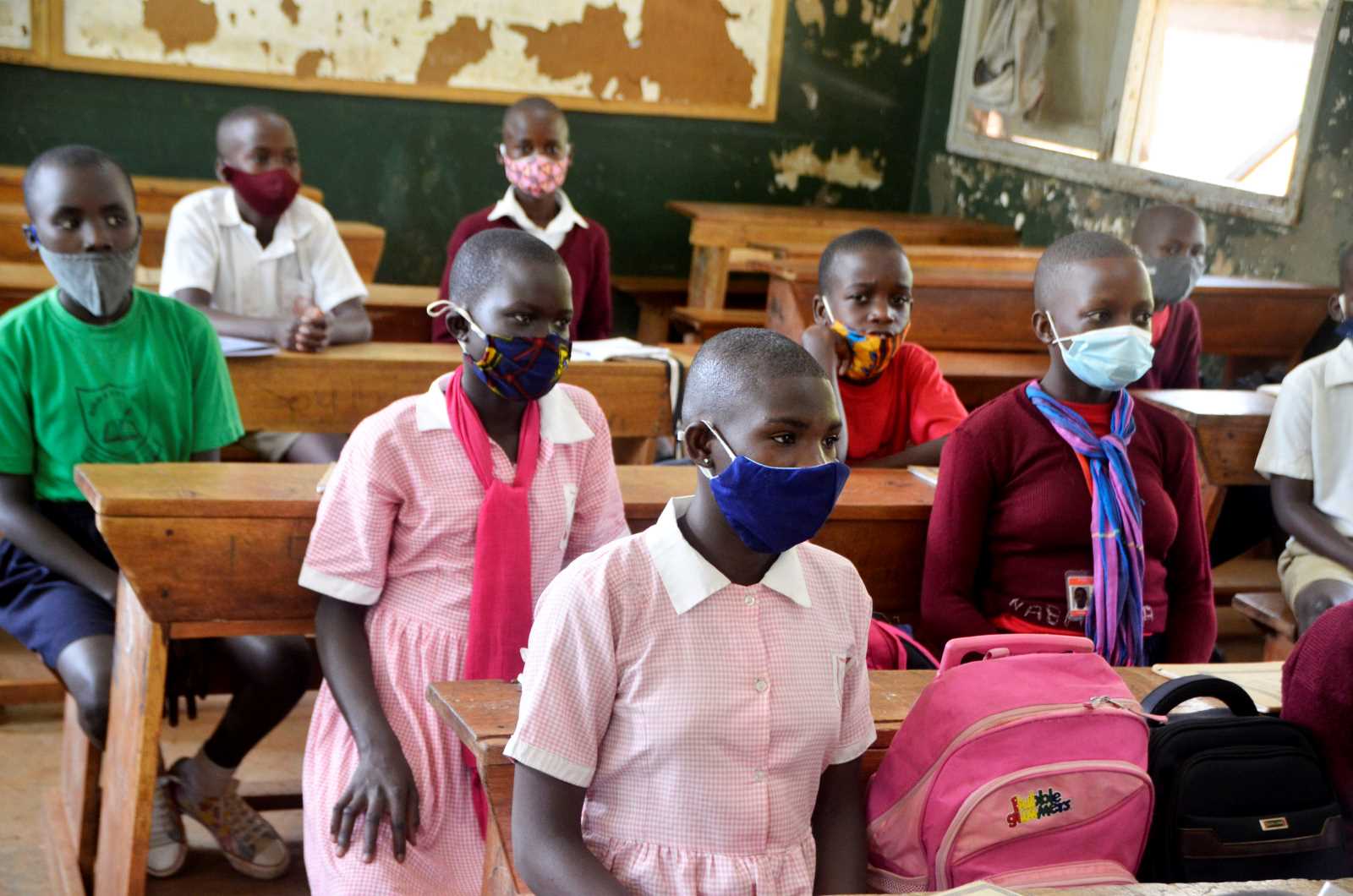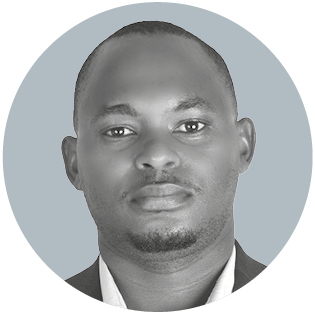Refugee-camp life
Refugee girls need school opportunities
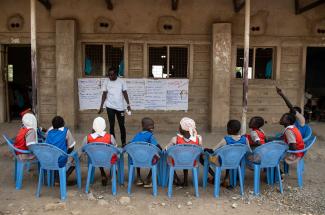
Education is a fundamental human right. However, it is not respected by all traditional communities. Where school capacities are very poor, moreover, the right to education is often effectively denied. Indeed, South-Sudanese girls in Kakuma, a refugee camp in Kenya, have educational opportunities they would not have enjoyed in the rural regions they had to flee from because of civil war.
Traditionally, South-Sudanese women viewed education as a luxury rather than a priority for themselves and their daughters. They grew up not being allowed an opinion. Many believed they could only do household chores. Conventional thinking hindered them from attempting to get a formal education and having careers like men.
Things are different in Kakuma. Many girls are keen on attending school and bettering their lives. Data from the UNHCR, which runs the camp, show that in 2015, a mere two percent of girls there went to school. The share has increased to 30 %. The improvement is striking, though more remains to be done.
A UNHCR priority
The UNHCR has been adamant in promoting the education of girls. It wants to ensure that the female gender is included in education, including in sports and music activities in schools. In the past, the agency not only attributed the low enrolment of girls to parents’ typical preference for boys, but also to teen pregnancies and early marriages. The UNHCR now ensures that no girl drops out for these reasons in Kakuma. Schools offer counselling services accordingly. Girls with babies, moreover, get special breaks so they can go home and breastfeed. Pregnant girls and young mothers are provided with healthcare, even though healthcare in Kakuma is generally not sufficient for the number of people living in the camp.
The UNHCR approach is particularly helpful for young girls who find themselves in the camp on their own, without support or guidance from an adult. The UNHCR encourages them to set themselves educational goals. Its resources are limited, however, so charities promote the cause too.
Charitable boarding schools
Two examples are the Angelina Jolie Academy and Morneau Shepell Secondary. These boarding schools only accept girls. They are run by different non-profit organisations and provide quality education.
Among other things, they offer remedial classes on weekends and holidays, ensuring that all students can cover the syllabus on time and are kept busy during holiday breaks. Best performing students often get a scholarship from Canada’s World University Service and can then pursue further studies in the country.
Sunday Keji is an orphan refugee who got this opportunity. She completed Morneau Shepell Secondary and is now living in Vancouver to study nursing. She plans to return to her home country South Sudan in order to help educate people there.
Keji says that a lot of girls in the camp lack proper supervision from a guardian. In her life, teachers were very important. Their role in encouraging and motivating students is indispensable.
Austin Baboya works for the International Rescue Committee (IRC) in Kakuma. He reports that until recently, only three out of 10 girls made it to high school, but he sees gradual improvement: “More girls are going to school and are becoming academic giants.” In his eyes, they deserve applause.
According to Baboya, the IRC and other charities are organising seminars and mentorship programmes to boost girls’ education. The goal is to reduce the drop-out numbers, which still are quite high.
Employment matters
An important issue, moreover, is employment. Women need jobs. The UN has played a role in adjusting the conventional thinking where young girls were brought to believe it was solely a man’s responsibility to provide for the family.
According to Baboya, the inclusion of the female gender in the workspace is leading to results. He points out that girls in Kakuma are increasingly interested in college courses and vocational training. Many want to acquire skills in fields such as hairdressing, tailoring, photography or electricals.
Alba Nakuwa is a freelance journalist from South Sudan based in Nairobi.
albanakwa@gmail.com
